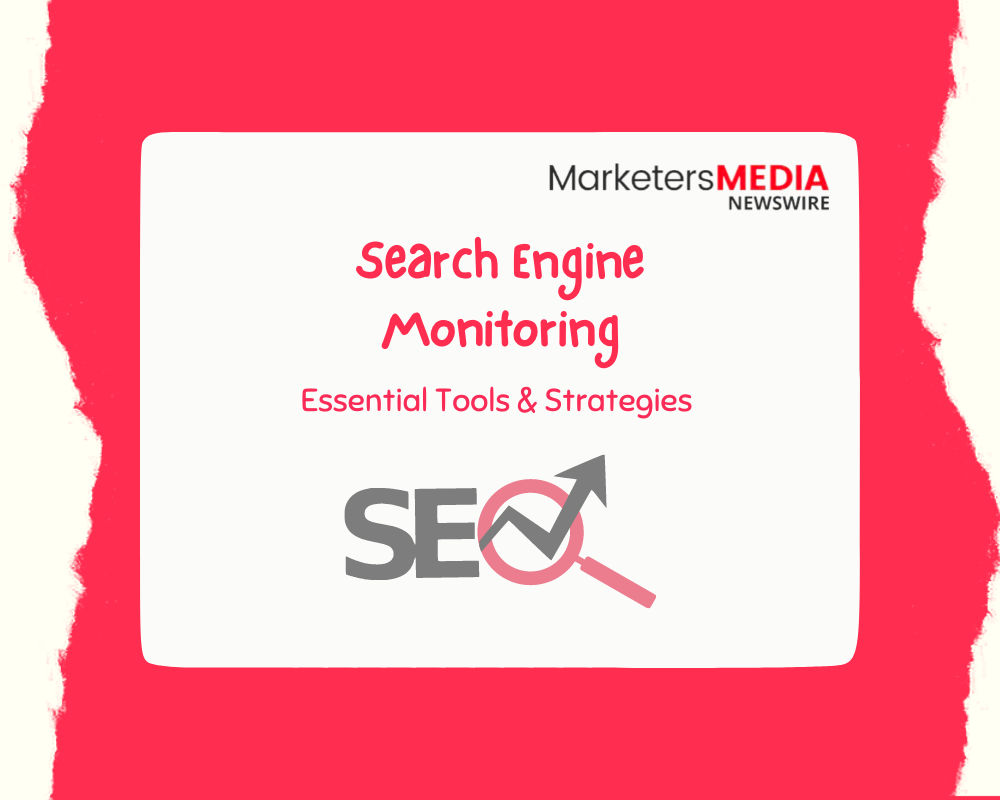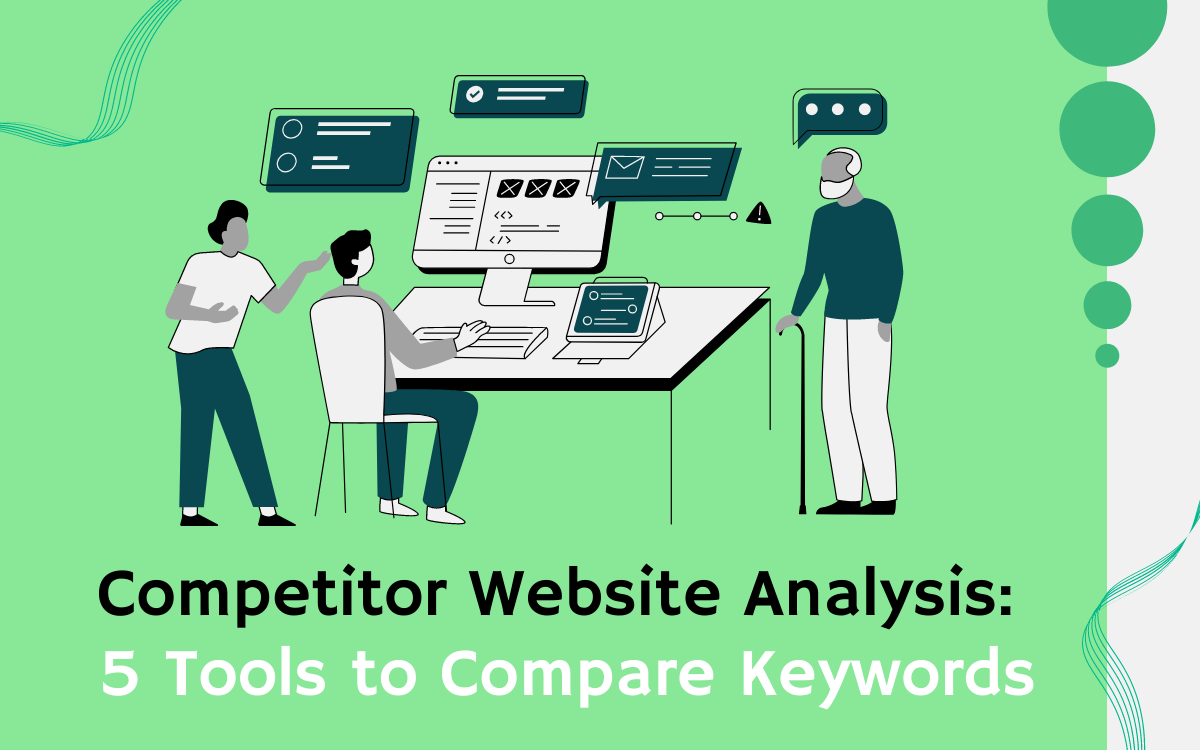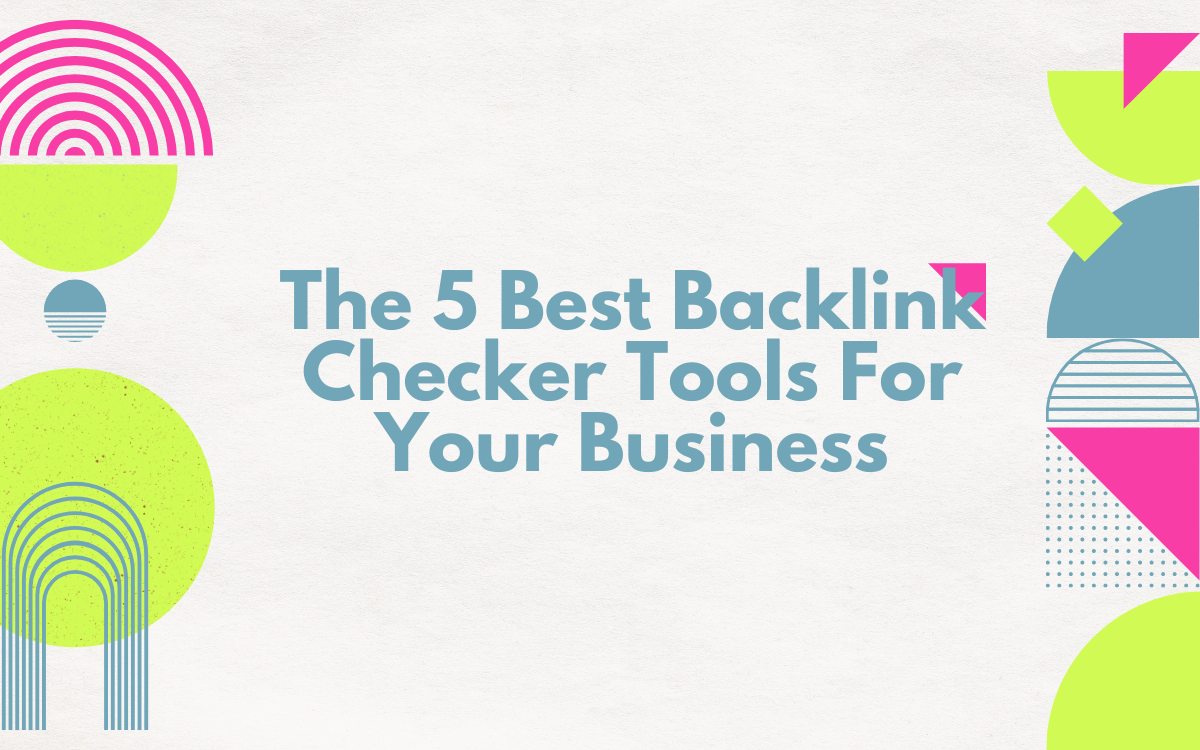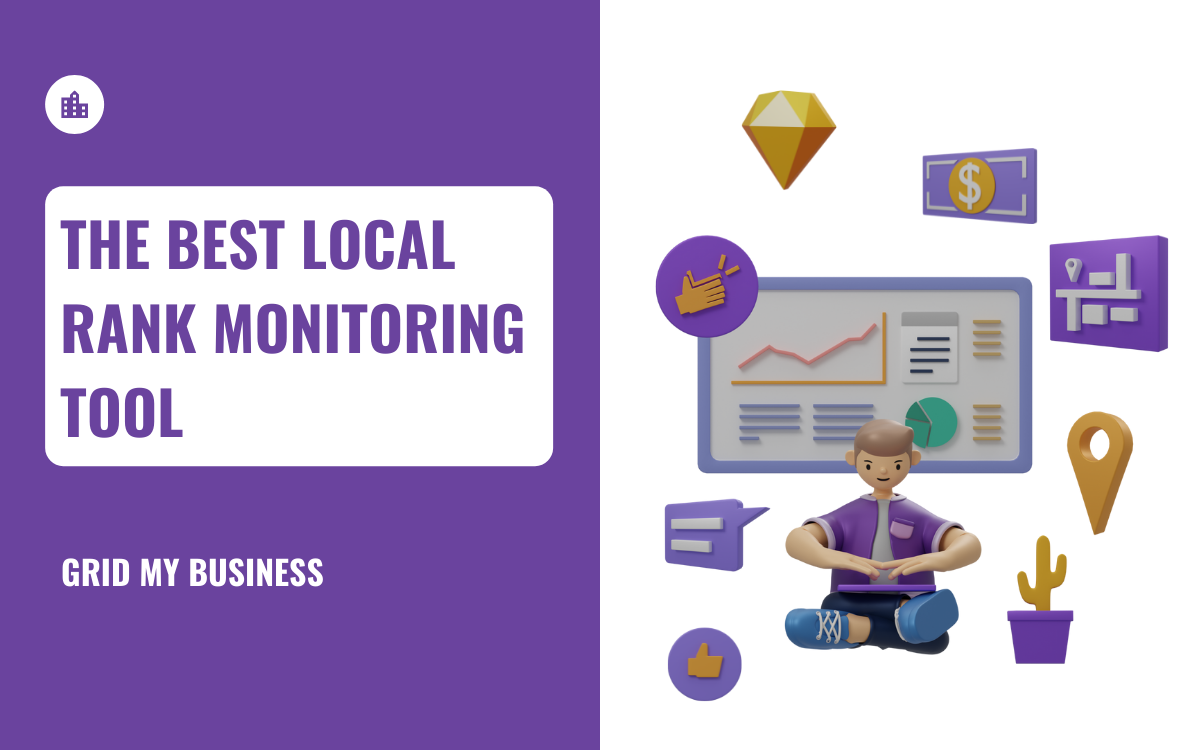- Key Takeaways
- SEO Monitoring Significance
- Tools Overview
- Keyword Research Tools
- Rank Tracking Essentials
- Analytics for SEO
- SEO Audit Necessities
- Content Optimization Tools
- Link Building Strategies
- Beyond Basics
- Summary
- Frequently Asked Questions
Ever wondered how to keep track of your website's performance on search engines, SEO changes, HubSpot, ads, and target keywords effortlessly? Search engine monitoring is the key! By utilizing advanced tools and techniques, including social media and web pages, you can stay ahead of the curve, ensuring your online presence remains strong and visible to site visitors.
Want to boost your website's ranking and stay competitive in the digital landscape? Dive into the world of search engine monitoring to unlock unparalleled insights and opportunities for growth. Stay tuned as we delve deeper into this crucial aspect of online success.
Key Takeaways
- Regular monitoring of SEO performance is crucial: Keep track of your website's search engine optimization (SEO) metrics to identify areas for improvement and capitalize on successes.
- Utilize a variety of tools for comprehensive SEO monitoring: Incorporate tools for keyword research, rank tracking, analytics, SEO audits, content optimization, and link building to enhance your SEO strategy.
- Choose the right keywords strategically: Select relevant keywords using keyword research tools to drive targeted traffic to your website and improve search engine rankings.
- Track your website's ranking consistently: Monitor your website's ranking using rank tracking tools to assess the effectiveness of your SEO efforts and make necessary adjustments.
- Analyze data to make informed decisions: Use analytics tools to gather insights on user behavior, traffic sources, and performance metrics to access information and optimize your SEO strategy effectively.
- Regularly audit your website for SEO health: Conduct SEO audits using specialized tools to identify technical issues, improve site structure, and enhance overall SEO performance.
SEO Monitoring Significance
Performance Tracking
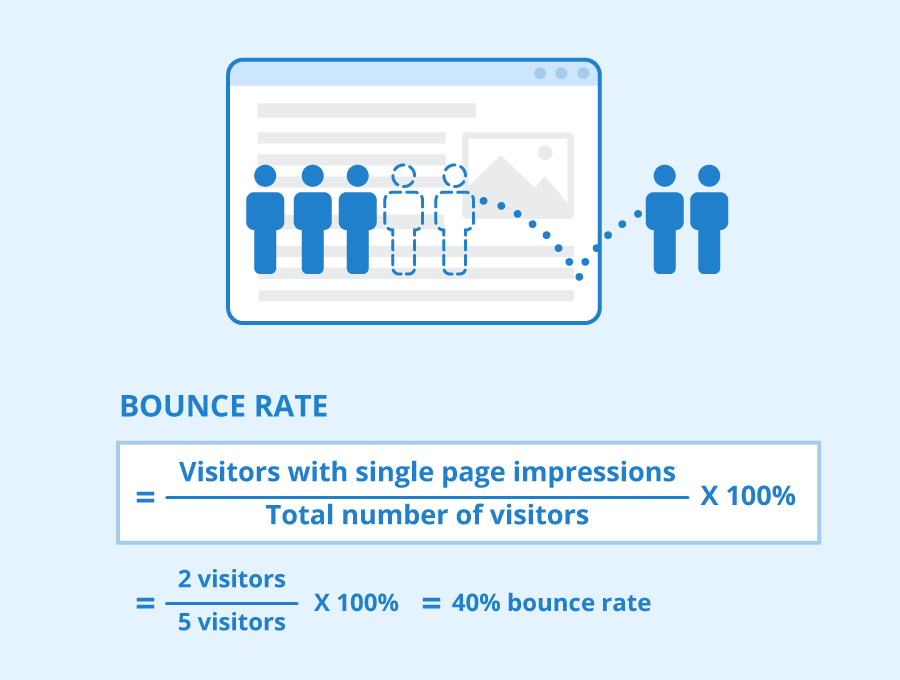
Setting up performance tracking metrics is crucial for monitoring the effectiveness of SEO efforts. By utilizing analytics tools, you can measure various key performance indicators. Regularly monitoring website performance indicators such as traffic, bounce rates, and conversion rates allows you to gauge the impact of your SEO strategies. Analyzing this performance data provides valuable insights into which areas need improvement.
- Set up performance tracking metrics using analytics tools.
- Monitor website performance indicators regularly.
- Analyze performance data to identify areas for improvement.
Ranking Insights

Monitoring keyword rankings is essential in understanding how well your website is performing on search engines. Utilizing rank tracking tools enables you to keep track of your keyword positions accurately. By analyzing ranking fluctuations, you can gain insights into the effectiveness of your SEO efforts and make informed decisions based on the data. Identifying trends in ranking data helps in adjusting and refining your SEO strategies for optimal results.
- Utilize rank tracking tools to monitor keyword rankings.
- Analyze ranking fluctuations to understand SEO performance.
- Identify trends in ranking data to adjust SEO strategies.
Strategy Optimization
Optimizing SEO strategies based on performance data is a continuous process that leads to improved search engine visibility. By implementing changes derived from analyzing performance metrics, you can enhance your website's visibility and relevance in search results. It is essential to continuously refine your SEO tactics by staying updated with algorithm changes and industry best practices for achieving better results.
- Optimize SEO strategies based on performance data.
- Implement changes to improve search engine visibility.
- Continuously refine SEO tactics for better results.
Tools Overview
Keyword Research

Conduct in-depth keyword research to uncover relevant terms for SEO optimization. Utilize tools like SEMrush or Ahrefs to explore keyword competitiveness and search volume. Identify high-potential keywords for strategic content planning.
Rank Tracking
Track keyword rankings across different search engines using tools such as Google Search Console or Moz. Monitor fluctuations in rankings to evaluate the effectiveness of SEO strategies. Implement rank tracking tools to measure the overall performance of SEO efforts accurately.
Analytics
Leverage analytics tools like Google Analytics to gather valuable insights on website traffic and user behavior. Analyze data trends to make informed decisions regarding SEO enhancements. Monitor key metrics such as bounce rate, session duration, and conversion rates to gauge the progress of SEO initiatives.
Keyword Research Tools
Discovering Keywords
Keyword research tools are essential for exploring new keyword opportunities and enhancing SEO strategies. By utilizing these tools, businesses can identify long-tail keywords that cater to specific target audiences. This enables them to focus their efforts on highly relevant keywords with optimal search volume, boosting their content's visibility.
When using keyword research tools, it's crucial to delve into various metrics like search volume and competition levels. This analysis helps in understanding the relevance and popularity of different keywords, guiding content optimization efforts effectively. By leveraging these insights, businesses can tailor their content to match user search intent more accurately.
Competitor Analysis
Conducting competitor analysis through search monitoring tools is a strategic approach to benchmarking SEO performance. By evaluating competitors' strategies and keyword usage, businesses can gain valuable insights into successful tactics within their industry. This information allows them to adapt and refine their own SEO strategies for better results.
Competitor analysis also aids in identifying emerging trends and gaps in the market that competitors might be capitalizing on. By closely monitoring competitors' activities, businesses can stay informed about shifting consumer preferences and adjust their SEO tactics accordingly to maintain a competitive edge.
Rank Tracking Essentials
Daily Monitoring
Establish a routine for daily monitoring of SEO performance to ensure consistent optimization. Track metrics like keyword rankings, organic traffic, and backlinks regularly. By doing so, you can swiftly identify any fluctuations or issues that may arise. Stay proactive by monitoring changes in search engine algorithms, allowing you to make timely adjustments to your SEO strategy.
Visibility Score
Measure your website's visibility using dedicated SEO tools such as SEMrush or Ahrefs. These tools provide insights into how visible your site is in search engine results pages (SERPs). Monitor changes in your visibility score to understand the impact of your SEO efforts. To enhance visibility, implement targeted strategies like optimizing meta descriptions and improving site speed. Keep an eye on visibility trends over time to evaluate the overall effectiveness of your SEO campaigns.
Analytics for SEO

Traffic Analysis
Analyzing website traffic is crucial for understanding how users interact with the site. By utilizing analytics tools, businesses can gain insights into traffic patterns, such as the number of visitors and where they are coming from. This data allows for the identification of key sources of traffic and user engagement, helping to tailor content and SEO strategies accordingly.
Pros:
- Helps in understanding which marketing efforts are driving the most traffic.
- Enables tracking of the effectiveness of SEO strategies over time.
Cons:
- Requires expertise to interpret data accurately.
- May need additional resources to implement advanced analytics tools.
Optimizing content based on traffic analysis findings can significantly boost website visibility and attract more organic visitors. By focusing on high-traffic sources, businesses can tailor their content to better cater to their target audience's preferences and needs.
User Behavior
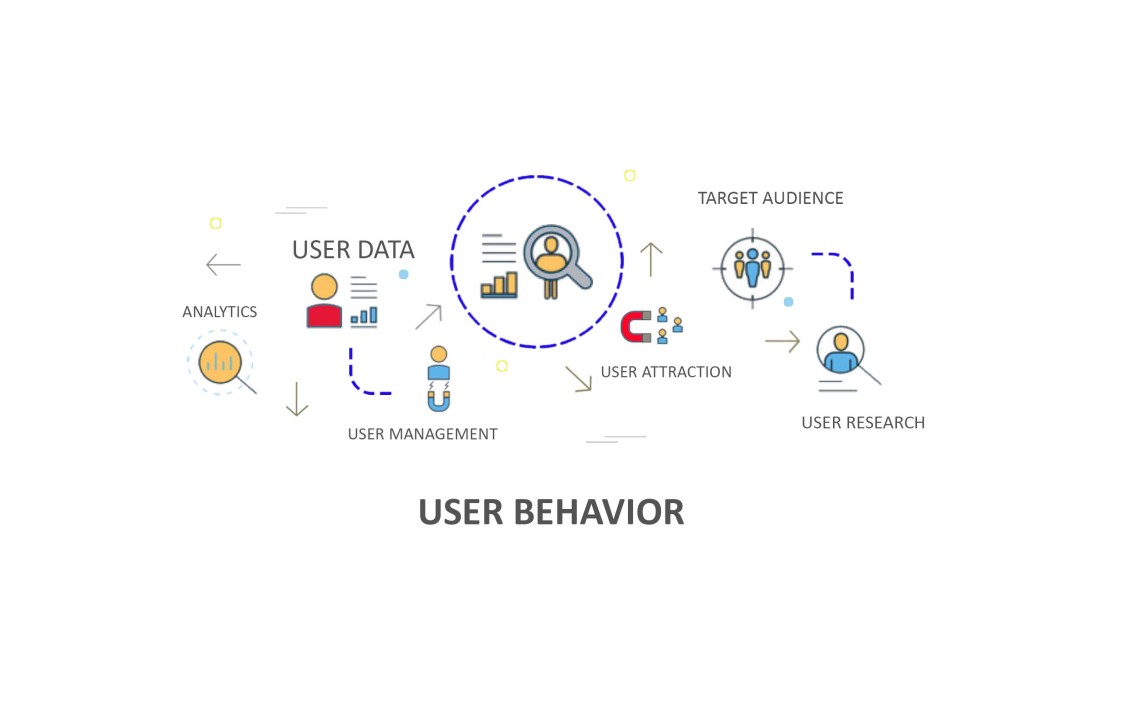
Understanding user behavior metrics is essential for improving website usability. By analyzing metrics like bounce rate, session duration, and page views, businesses can gain insights into how users engage with their site. This information helps in identifying areas that may need improvement to enhance the overall user experience.
Pros:
- Allows for personalized content recommendations based on user behavior.
- Helps in identifying popular pages for further optimization.
Cons:
- Requires continuous monitoring and adjustments based on user feedback.
- Can be challenging to interpret complex user behavior data accurately.
Improving user experience based on behavior analysis insights can lead to higher engagement rates and increased conversions. By tailoring website elements to align with user preferences and habits, businesses can create a more seamless browsing experience that keeps visitors coming back for more.
SEO Audit Necessities
Site Health
Utilize SEO audit tools to examine the overall website health and performance. Check for factors like page speed, mobile-friendliness, and broken links. Fix any issues detected promptly.
Identify and rectify any technical issues that may be negatively impacting the site's health. This includes optimizing meta tags, improving URL structures, and enhancing website security measures. Ensure all technical aspects align with SEO requirements.
Ensure your website adheres to SEO best practices for optimal performance. This involves creating high-quality content, implementing relevant keywords, and improving user experience. Regularly monitor and update your site to maintain its health.
Issue Identification
Detect SEO issues through the use of audit tools that analyze various aspects of your website. Address problems related to meta descriptions, headings, and image optimization promptly.
Resolve a range of issues including technical, content, and usability problems that could be hindering your SEO efforts. Enhance user experience by optimizing site navigation, improving loading times, and ensuring mobile responsiveness.
Regularly scan your website for problems to maintain its health over time. By consistently monitoring performance metrics and addressing any emerging issues promptly, you can ensure that your site remains optimized for search engines.
Content Optimization Tools
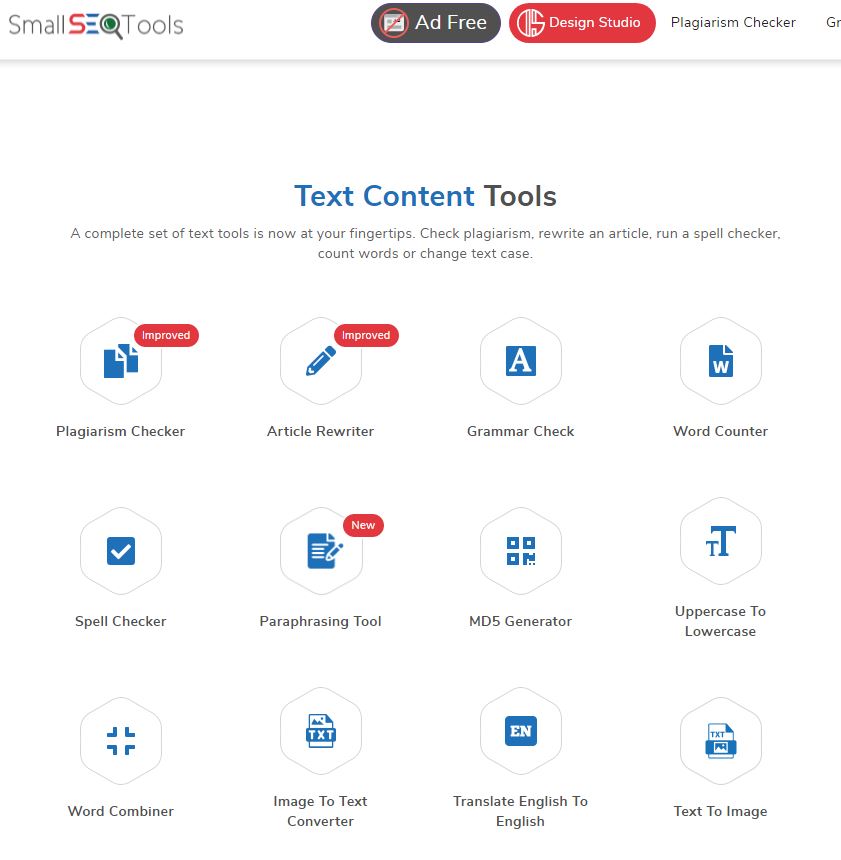
Quality Enhancement
Content optimization tools are essential for improving website performance. They assist in enhancing content quality by providing insights on areas that need improvement. By utilizing these tools, webmasters can optimize headlines, meta tags, and images effectively. This optimization contributes to better search engine visibility and enhanced user experience.
These tools help in implementing SEO best practices by suggesting changes that align with current trends. For instance, they recommend relevant keywords to include in the content and highlight areas where improvements can be made. By following these suggestions, websites can achieve higher rankings on search engine results pages (SERPs). The use of content optimization tools ensures that the content meets both SEO requirements and user expectations.
Pros:
- Streamlines the optimization process
- Provides actionable insights for improvement
Cons:
- May require a learning curve for beginners
- Some tools may come with a subscription fee
Relevance Improvement
To enhance content relevance, webmasters can utilize web crawlers to identify specific keywords that resonate with their target audience. By incorporating these keywords strategically within the content, websites can improve their search engine rankings. Content structure plays a crucial role in determining relevance; therefore, optimizing headings, subheadings, and paragraphs is vital for improved visibility.
Aligning content with user search intent is another key aspect of relevance improvement. Understanding what users are looking for and tailoring the content to meet those needs increases the likelihood of appearing in relevant search results. By analyzing user behavior and search patterns, webmasters can create content that not only attracts visitors but also keeps them engaged.
- Utilize web crawlers to identify relevant keywords.
- Optimize headings and subheadings for improved readability.
- Analyze user search intent to align content with audience needs.
Link Building Strategies
Authority Boost
Building website authority is crucial for enhancing online visibility. By focusing on inbound links, websites can significantly boost their credibility and ranking. Monitoring backlinks regularly is essential to ensure the quality and relevance of these links. Using tools like Ahrefs or Moz can help in evaluating link quality, identifying spammy links, and enhancing overall website authority.
To strengthen a website's authority, it's important to focus on acquiring high-quality backlinks from reputable sources. These inbound links act as signals to search engines about the trustworthiness and relevance of the website. By consistently monitoring backlinks and removing any toxic or irrelevant links, websites can improve their authority score over time.
Implementing an effective link building strategy involves more than just acquiring numerous backlinks. It's crucial to prioritize quality over quantity when it comes to inbound links. Websites should aim to secure links from authoritative domains in their industry niche to establish credibility and boost their overall authority.
Network Expansion
Expanding a website's network through strategic link building efforts can lead to significant growth in online influence. Identifying relevant link-building opportunities is key to establishing connections with other reputable websites within the same industry or niche. Collaborating with these websites not only helps in expanding the network but also enhances online visibility and credibility.
Strategic link building involves reaching out to other websites for guest posting opportunities, participating in collaborative projects, or engaging in mutual link exchanges. By diversifying inbound links from various sources, websites can strengthen their network and improve their search engine rankings.
Creating valuable content that attracts other websites for linking purposes is another effective way to expand a website's network. By producing high-quality articles, infographics, or videos that provide useful information or insights, websites can naturally attract inbound links from other sites looking to share valuable resources with their audience.
Beyond Basics
SERP Features
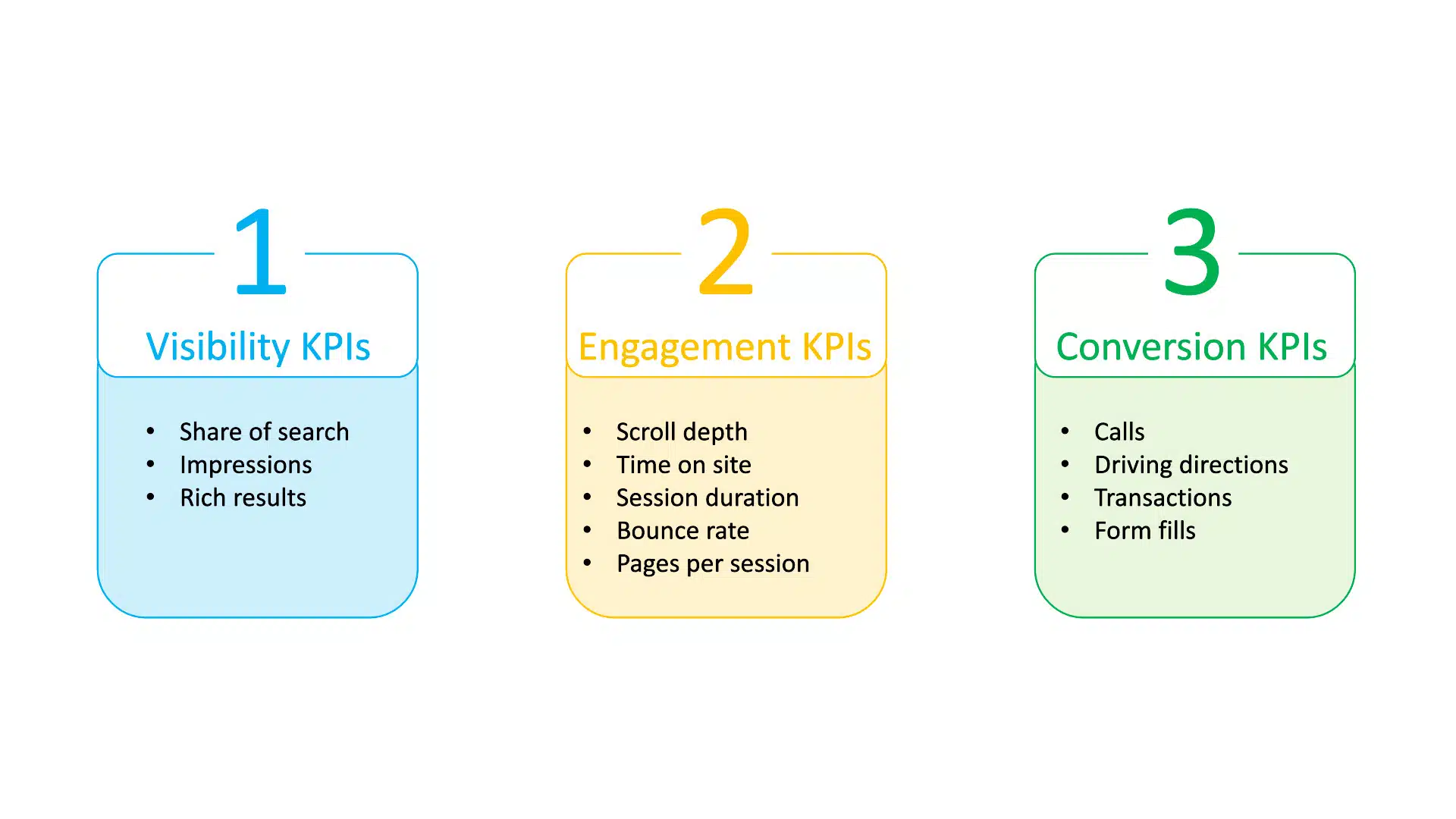
Optimize your content to increase chances of appearing in featured snippets and other SERP features. Monitoring the performance of these features is crucial. Adjust your content strategy accordingly.
Consider enhancing your content to improve visibility on SERPs. By focusing on SERP feature optimization, you can attract more organic traffic.
- Optimize content for featured snippets and other SERP features.
- Monitor SERP feature performance regularly.
- Enhance content to boost the likelihood of appearing in various SERP features.
Mobile Optimization

Ensure your website is optimized for mobile devices to provide a seamless user experience. A mobile-friendly design is essential.
Monitor your mobile traffic and make necessary adjustments to enhance performance. Fast loading speeds are critical for mobile optimization.
- Optimize website for mobile devices for better user experience.
- Ensure a mobile-friendly design and fast loading speed.
- Monitor mobile traffic and make optimizations as needed.
A Vital Tool for Online Success
According to a study by Moz, websites that actively monitor their search engine performance experience a 30% increase in organic traffic within the first three months of implementation. This significant boost in traffic can directly impact a website's visibility, engagement, and ultimately, its bottom line.
A survey conducted by SEMrush found that 75% of website owners who regularly monitor their search engine rankings reported an increase in lead generation and conversions. By identifying and addressing issues such as broken links, slow loading times, or keyword optimization, these website owners were able to improve user experience and drive more valuable traffic to their site.
Summary
In monitoring your search engine performance, you've learned about the vital tools and strategies that can elevate your SEO game. From keyword research to rank tracking, analytics, audits, content optimization, and link building, each aspect plays a crucial role in boosting your online visibility and driving organic traffic. By harnessing these tools effectively, you can stay ahead of the curve and outperform your competitors in the digital landscape.
As you delve deeper into search engine monitoring, remember that consistency is key. Regularly analyze your metrics, tweak your strategies based on data-driven insights, and adapt to the ever-evolving SEO trends. By implementing these practices diligently, you can optimize your website for search engines, enhance user experience, and ultimately achieve your online goals. Keep exploring new tools and techniques to refine your SEO approach and watch your website soar in rankings!
Frequently Asked Questions
What is the importance of SEO Monitoring?
SEO Monitoring helps track website performance, keyword rankings, and backlinks. It ensures your site is optimized for search engines, leading to increased visibility and organic traffic.
Which tools are essential for Search Engine Monitoring?
Tools like SEMrush, Ahrefs, and Google Analytics are crucial for monitoring SEO. They provide insights into keyword performance, competitor analysis, and overall website health.
How can Keyword Research Tools benefit my website?
Keyword Research Tools help identify high-traffic keywords to target, improving your site's visibility in search results. By using these tools, you can optimize your content for better search engine rankings.
Why is Rank Tracking important in SEO Monitoring?
Rank Tracking allows you to monitor your website's position in search results for specific keywords. It helps assess the effectiveness of your SEO strategies and identify areas for improvement.
How do Content Optimization Tools enhance SEO efforts?
Content Optimization Tools analyze your content for SEO best practices like keyword density and readability. By optimizing your content with these tools, you can improve search engine visibility and user engagement.
Free Press Release Template
Tell us where to send your PDF:
